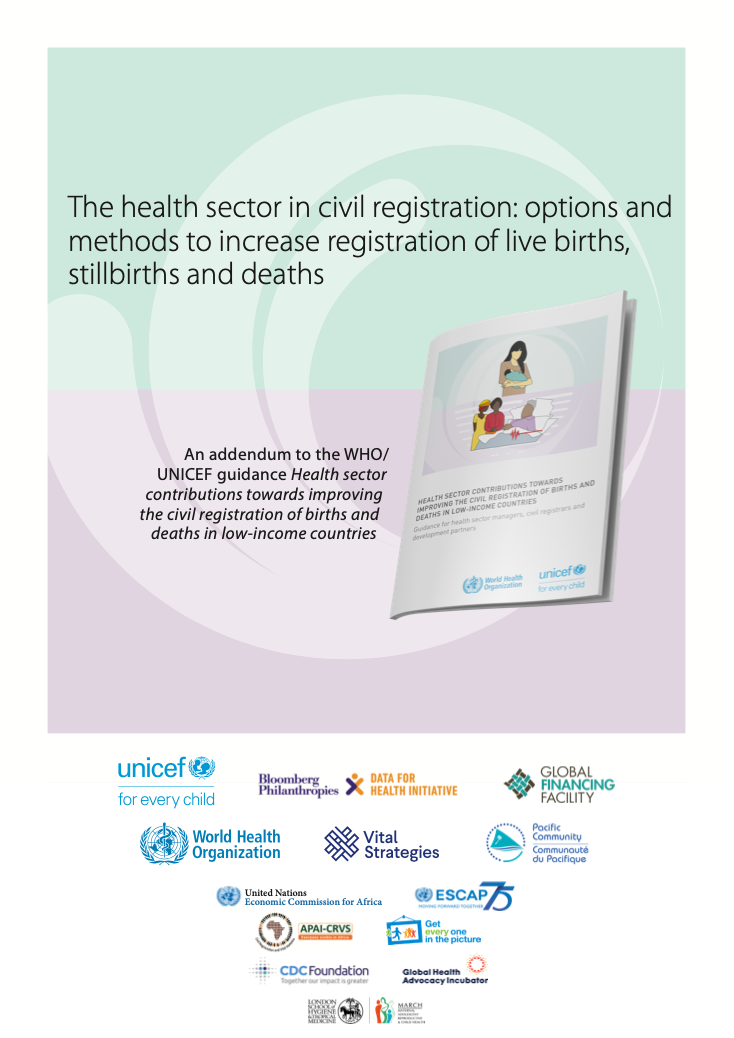The purpose of this guidance is to help civil registration and vital statistics (CRVS) system stakeholders increase rates of vital event registration. Options and guidance are provided to improve the quality and timeliness of civil registration information by leveraging opportunities available in and with the health sector, including infrastructure and well-established data collection practices.
The goal is for stakeholders in the Ministry of Health and the civil registration agency to use this resource together with the WHO-UNICEF guidance to establish a more proactive role for the health sector in the civil registration system, resulting in more efficient and complete registration service delivery. This may involve procedural and process changes, including in legal frameworks.
Recent Abstracts
Prioritizing Evidence Gaps: Air Pollution and Health Impacts of Climate Action
Raising Alcohol Taxes to Reduce Harm: Fact Sheets for Brazil
How the Alcohol Industry Steers Governments Away From Effective Strategies to Curb Drink…
Analysis of the Efficacy of Alcohol Industry-Sponsored Drink-Driving Campaigns
Messaging Recommendations for Effective Road Safety Campaigns: Lessons From Formative Research for Drink…
Testimonials: Personal stories that have the power to save lives on the road
Knowledge, Attitudes, and Practice Study on Lead Poisoning and Pollution in Indonesia
Improving Civil Registration and Vital Statistics Systems in French-Speaking Countries: Opportunities and Challenges
Strengthening the Civil Registration and Vital Statistics (CRVS) System in Colombia
Estimation of the direct and indirect costs attributable to alcohol consumption in Brazil
